total defoliation and new growth
Poorbutroserich Susan Nashville
10 years ago
Featured Answer
Sort by:Oldest
Comments (10)
bart_2010
10 years agocatsrose
10 years agoRelated Professionals
New Mexico Landscape Architects & Landscape Designers · Prairie Ridge Landscape Architects & Landscape Designers · Aloha Landscape Contractors · Caldwell Landscape Contractors · Coram Landscape Contractors · East Lake-Orient Park Landscape Contractors · Hickory Hills Landscape Contractors · Hollywood Landscape Contractors · Laguna Hills Landscape Contractors · Melrose Landscape Contractors · Saint John Landscape Contractors · Soddy Daisy Landscape Contractors · Spring Landscape Contractors · Vallejo Landscape Contractors · New Carrollton Landscape Contractorsmichaelg
10 years agomad_gallica (z5 Eastern NY)
10 years agomad_gallica (z5 Eastern NY)
10 years agoPoorbutroserich Susan Nashville
10 years agocatsrose
10 years agomeredith_e Z7b, Piedmont of NC, 1000' elevation
10 years agomichaelg
10 years ago
Related Stories
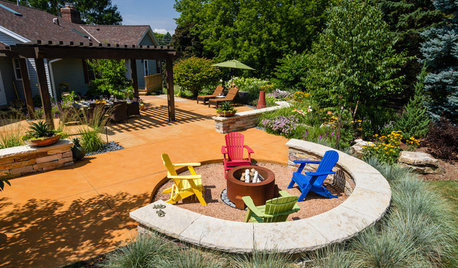
REMODELING GUIDESNew Home Renovation Study Paints Positive Growth Picture
More than two-thirds of industry professionals say 2014 was a good year and 2015 is looking hopeful
Full Story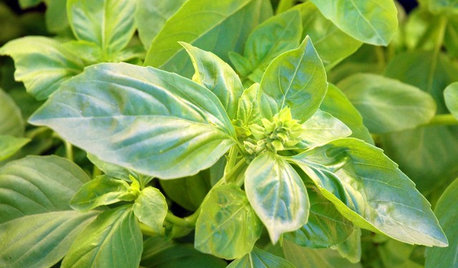
SUMMER GARDENINGHow to Grow Basil
Bright color, quick growth and endless uses for cooking make this summer annual a winner in the garden or a pot
Full Story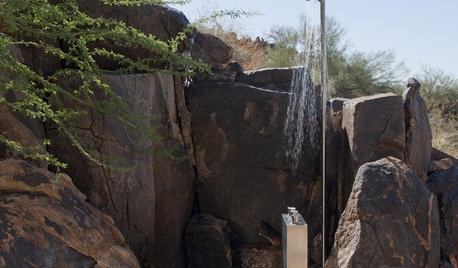
GARDENING AND LANDSCAPING14 Design Ideas for an Exhilarating Outdoor Shower
Enhance an open-air shower with amenities and style upgrades from the all-essential towel hook to total landscape integration
Full Story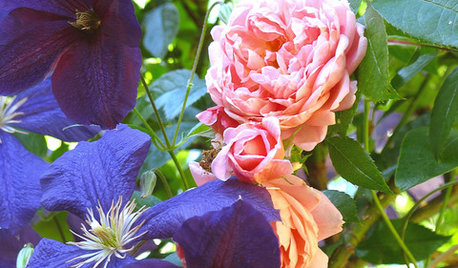
PLANTING IDEASGreat Garden Combo: Rose + Clematis for Small-Space Impact
We all need somebody to lean on. And when a rose supports a climbing vine, the results can totally transform a small garden
Full Story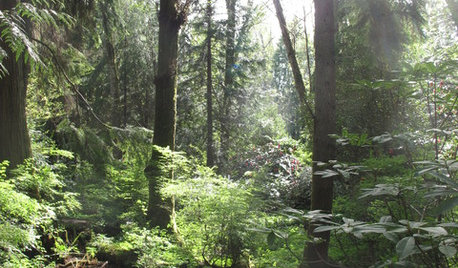
GARDENING AND LANDSCAPINGGarden Lessons from a Grand Northwest Reserve
Borrow classic landscape ideas from this Washington state treasure, a series of gardens as thoughtfully planned as they are spacious
Full Story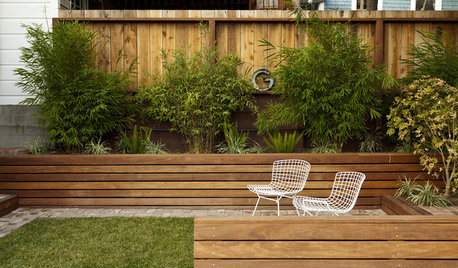
LANDSCAPE DESIGNSmall Garden? You Can Still Do Bamboo
Forget luck. Having bamboo that thrives on a wee plot just takes planning, picking the right variety, and keeping runners in check
Full Story
INSIDE HOUZZData Watch: Home Renovation Professionals Bullish on 2016
Two new Houzz reports show that 2015’s confidence is continuing this year — but professionals still face several business challenges
Full Story
GARDENING GUIDESHow to Pick a Mulch — and Why Your Soil Wants It
There's more to topdressing than shredded wood. Learn about mulch types, costs and design considerations here
Full Story
FARM YOUR YARDHow to Get Good Soil for Your Edible Garden
The nutrients in your soil feed the plants that feed you. Here are tips on getting it right — just in time for planting season
Full StorySponsored
Columbus Area's Luxury Design Build Firm | 17x Best of Houzz Winner!
More Discussions






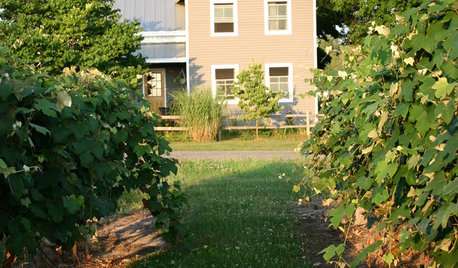

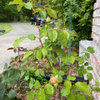

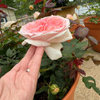
michaelg